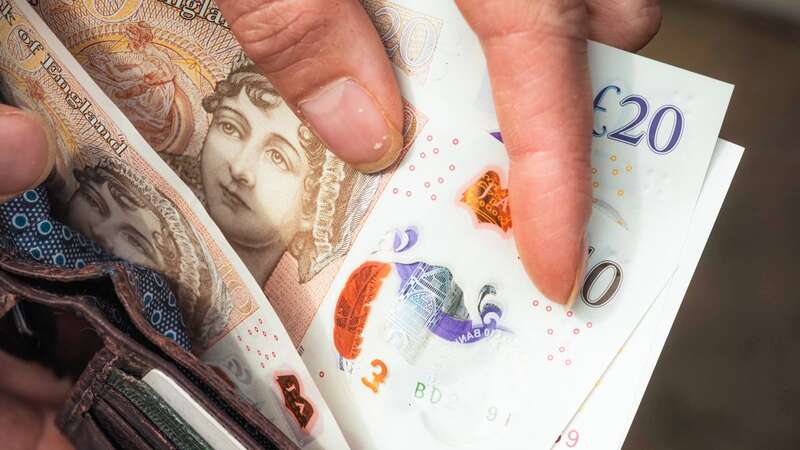
Millions of Brits will receive another cost of living payment worth £299 next year to help cover the cost of rising bills.
The payment will be made in spring 2024 for most people, the Government has confirmed - but, the exact date has yet to be revealed. This will be the third and final cost of living payment under the current package.
The first payment of £301 came between April 25 and May 17, and the second £300 payment landed between October 31 and November 19. This means in total, some people will receive £900 in support.
The qualifying conditions for the upcoming cost of living payment hasn't been published. However, based on previous payments, it'd likely be available to anyone entitled to a Universal Credit payment, including anyone on means-tested benefits from the Department for Work and Pensions (DWP), or if you're benefiting from tax credits.
Cost of living payment eligibility
You might be entitled to a cost of living payment if you receive any of the following benefits or tax credits:
 Date millions on Universal Credit and benefits will get a pay rise this year
Date millions on Universal Credit and benefits will get a pay rise this year
- income-based Jobseeker’s Allowance (JSA)
- income-related Employment and Support Allowance (ESA)
- Income Support
- Pension Credit
- Universal Credit
- Child Tax Credit
- Working Tax Credit
The money will be sent out automatically and directly to recipients, meaning those eligible won't need to apply or take any action to receive it. It will be paid into the bank account where you normally receive your benefits, and the payment reference will be your National Insurance Number followed by "DWP COL" or "HMRC COLS". For joint Tax Credits claimants, where one claimant receives Working Tax Credit and the other claimant receives Child Tax Credit, payments will be made into the same bank account as the Child Tax Credit.
But, earlier this month, it was claimed the cost of living payments weren't enough to meet the actual day-to-day costs of everyday life. The Work and Pensions Committee said the three payments were welcomed, but ultimately didn't go far enough to help the most vulnerable people in society.
Committee chair and Labour MP Sir Stephen Timms said: "While the support payments have made an important impact in helping those most in need during these difficult times, the overall package has offered just a short-term reprieve for many, while others have slipped through the safety net altogether. Families with children need support over and above the flat rate on offer while the extra £150 a year paid to those with disabilities, who incur unavoidable extra expenses, barely touches the side.
"It is vital that the Government listens to those with every day experience of support payments so it learns important lessons should a new package of support be required in the future. Ministers should get ahead of the game by bringing forward their evaluation of the measures and at the same time give serious thought to changes to the wider benefit system that would make ad-hoc payments less necessary."
Read more similar news:
Comments:
comments powered by Disqus
































